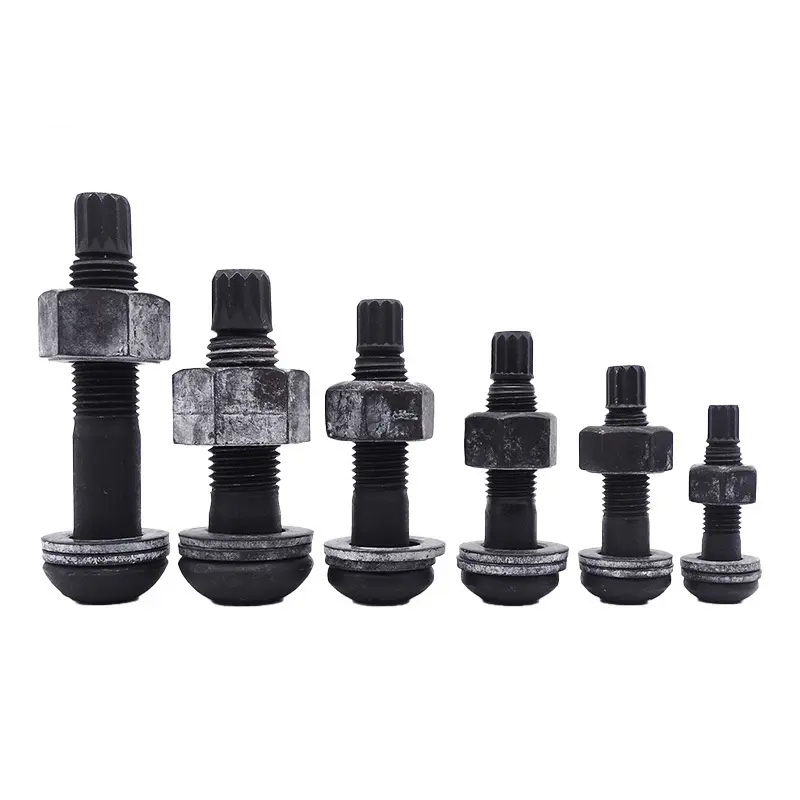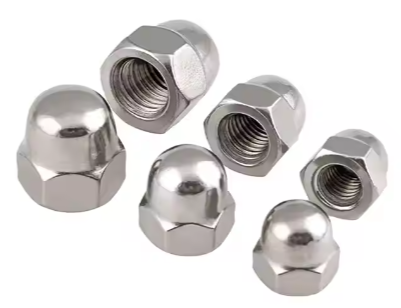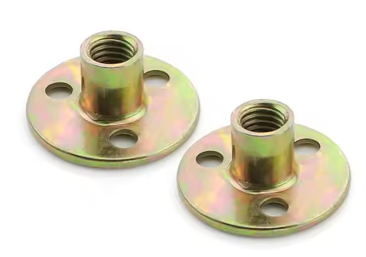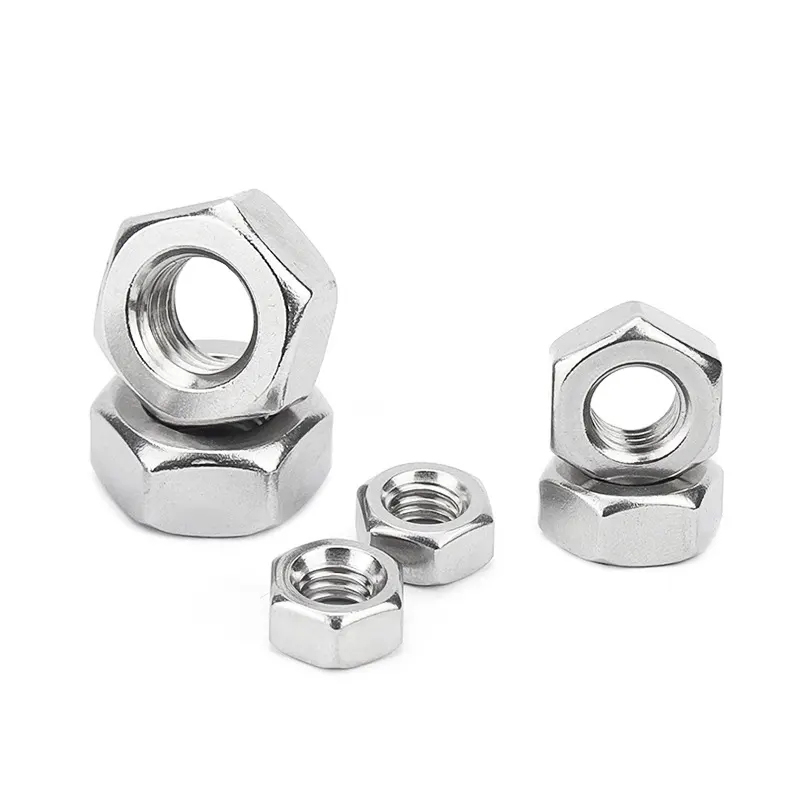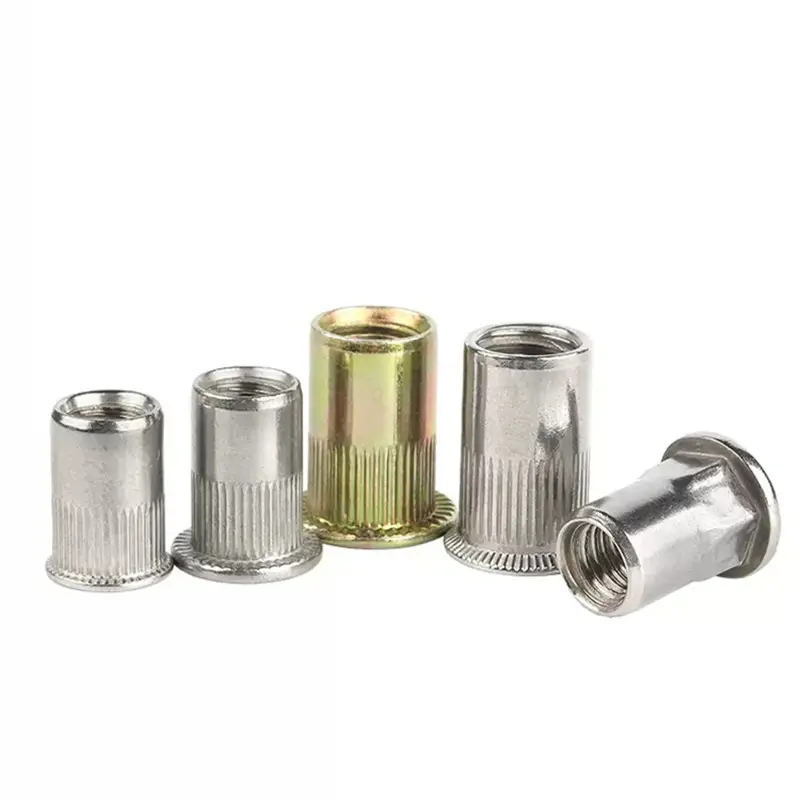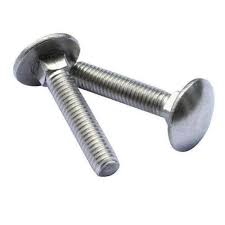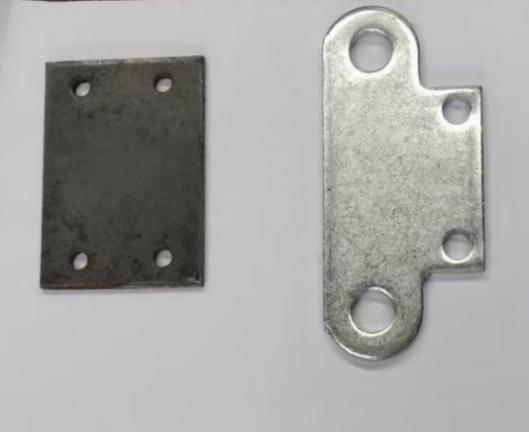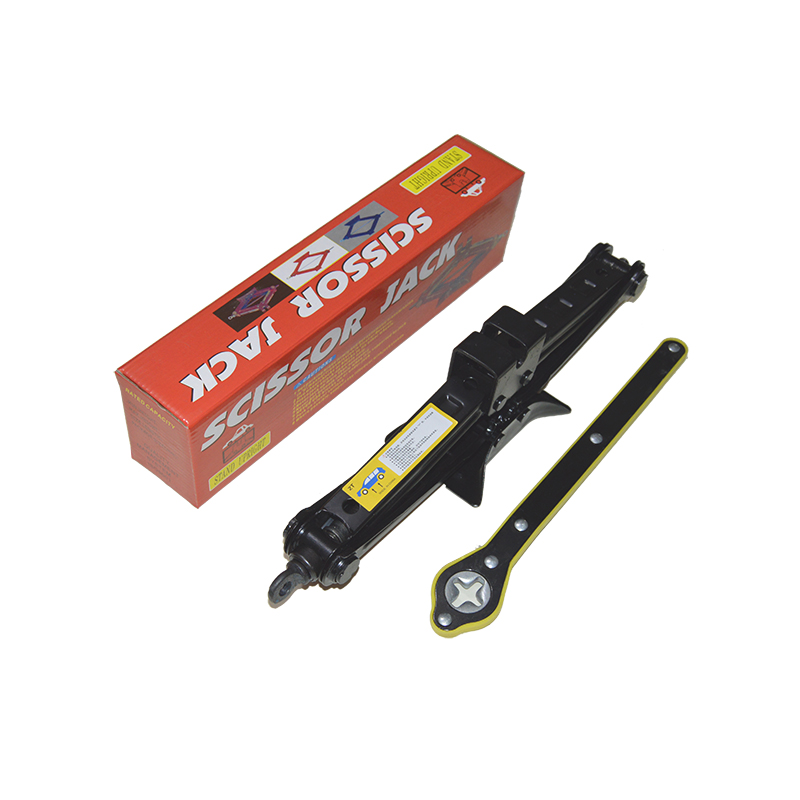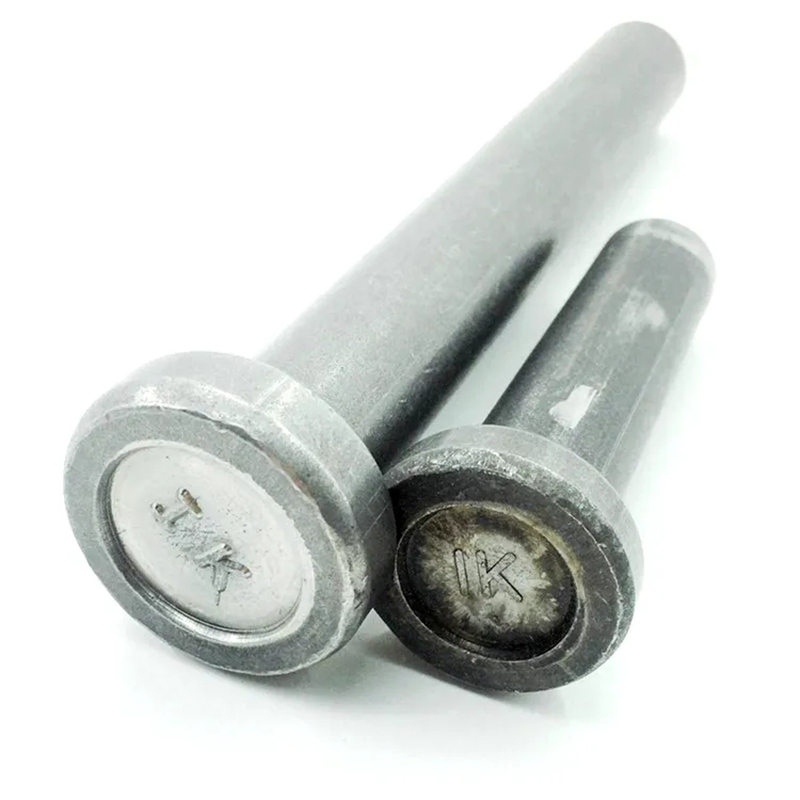

This comprehensive guide explores the world of cam lock nuts, providing detailed information on their types, applications, advantages, and disadvantages. Learn how to choose the perfect cam lock nut for your specific needs and ensure secure fastening in your projects.
A cam lock nut, also known as a cam lock fastener, is a type of self-locking nut that utilizes a camming mechanism for secure fastening. Unlike traditional nuts that rely solely on friction, cam lock nuts offer superior vibration resistance and prevent loosening under stress. The cam design creates a positive locking action, ensuring a reliable and secure connection. This makes them ideal for applications where maintaining a secure fastening is crucial.
Several types of cam lock nuts are available, each suited for different applications and materials. The most common types include:
These are the most basic type, offering a reliable and cost-effective solution for various applications. They are typically made from steel but can also be found in other materials like stainless steel for corrosion resistance. Their simplicity makes them easy to install and remove.
Designed for demanding applications, heavy-duty cam lock nuts offer increased strength and durability. These are often used in situations where vibration or significant stress is expected. They typically feature a thicker wall design and stronger camming mechanism.
Specialty cam lock nuts are tailored for specific needs, such as those requiring specific materials (e.g., nylon for electrical insulation), finishes (e.g., zinc plating for corrosion protection), or specialized thread types.
Selecting the appropriate cam lock nut depends on several factors, including:
Consider the material of the bolt and the application environment. Stainless steel cam lock nuts are ideal for corrosive environments, while other materials might be better suited for specific applications.
Ensure the cam lock nut's thread size and type match the bolt. Incorrect thread specifications can lead to improper fastening and potential failure.
The cam lock nut should have a load capacity that exceeds the expected load in the application. This ensures secure fastening and prevents loosening under stress. Check the manufacturer's specifications for appropriate load capacity information. You can find this information from trusted suppliers such as Hebei Dewell Metal Products Co., LTD.
For applications with high vibration, select a cam lock nut known for its excellent vibration resistance. Heavy-duty cam lock nuts are often preferred in these scenarios.
| Advantage | Disadvantage |
|---|---|
| Superior vibration resistance | Potentially higher cost than standard nuts |
| Self-locking mechanism prevents loosening | May require more torque to install than standard nuts |
| Easy installation and removal | Can be susceptible to damage if over-tightened |
Cam lock nuts are used across diverse industries, including:
Their versatility and reliable locking mechanism make them a popular choice for a wide range of fastening applications.
Remember to always consult manufacturer specifications and safety guidelines when using cam lock nuts.

